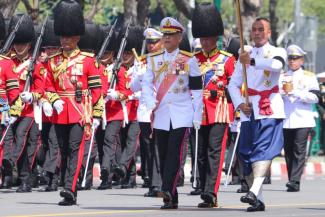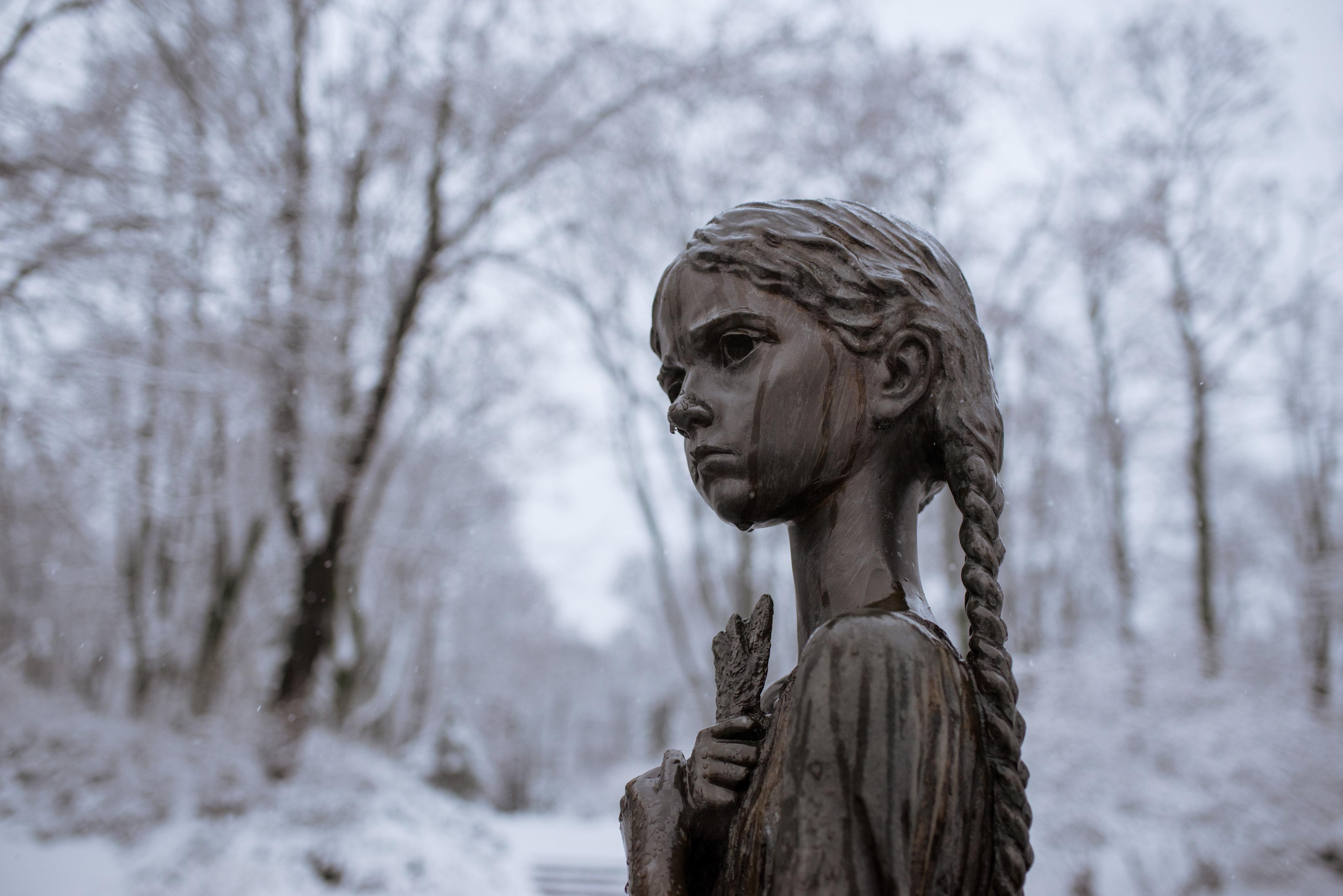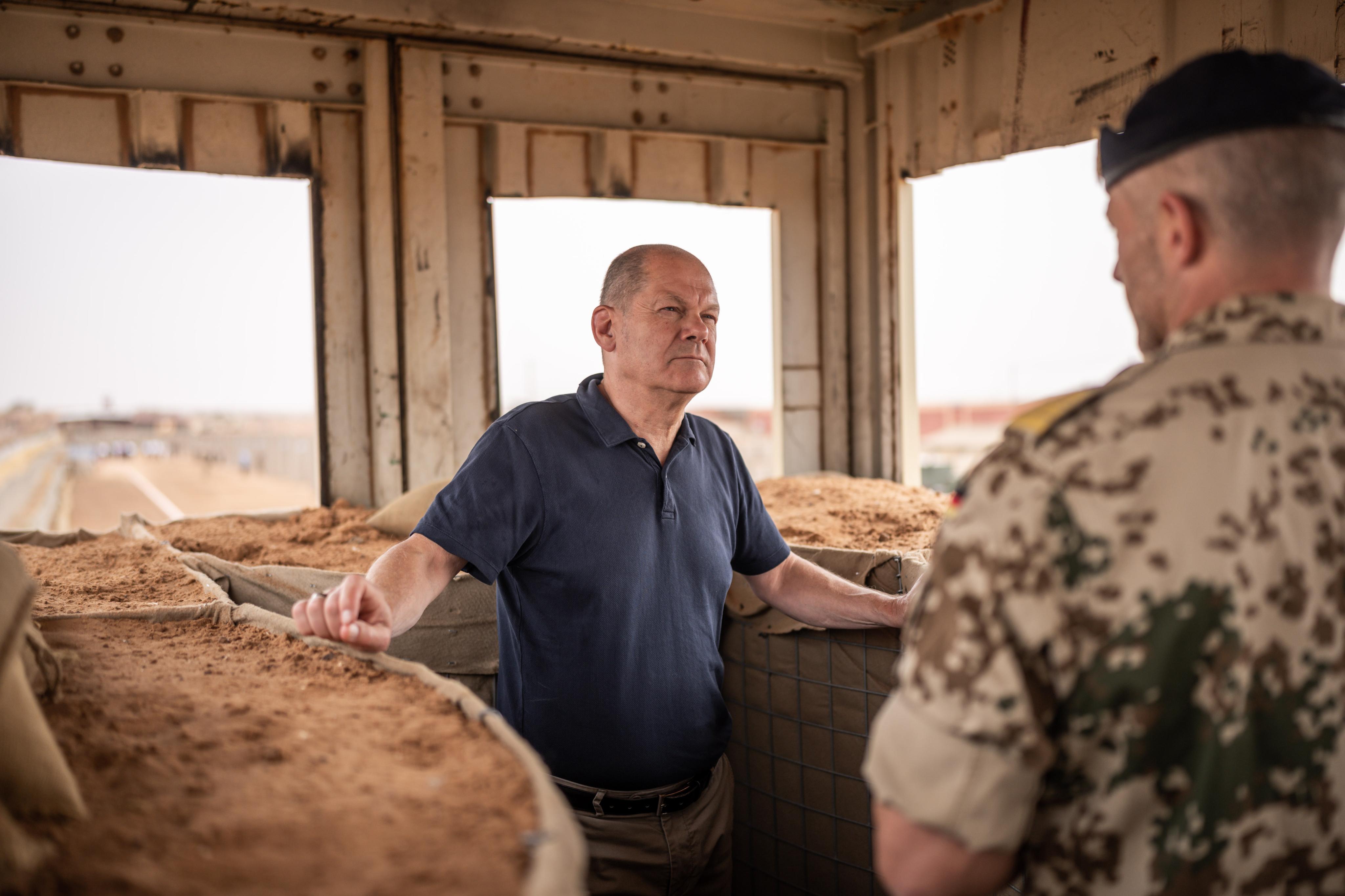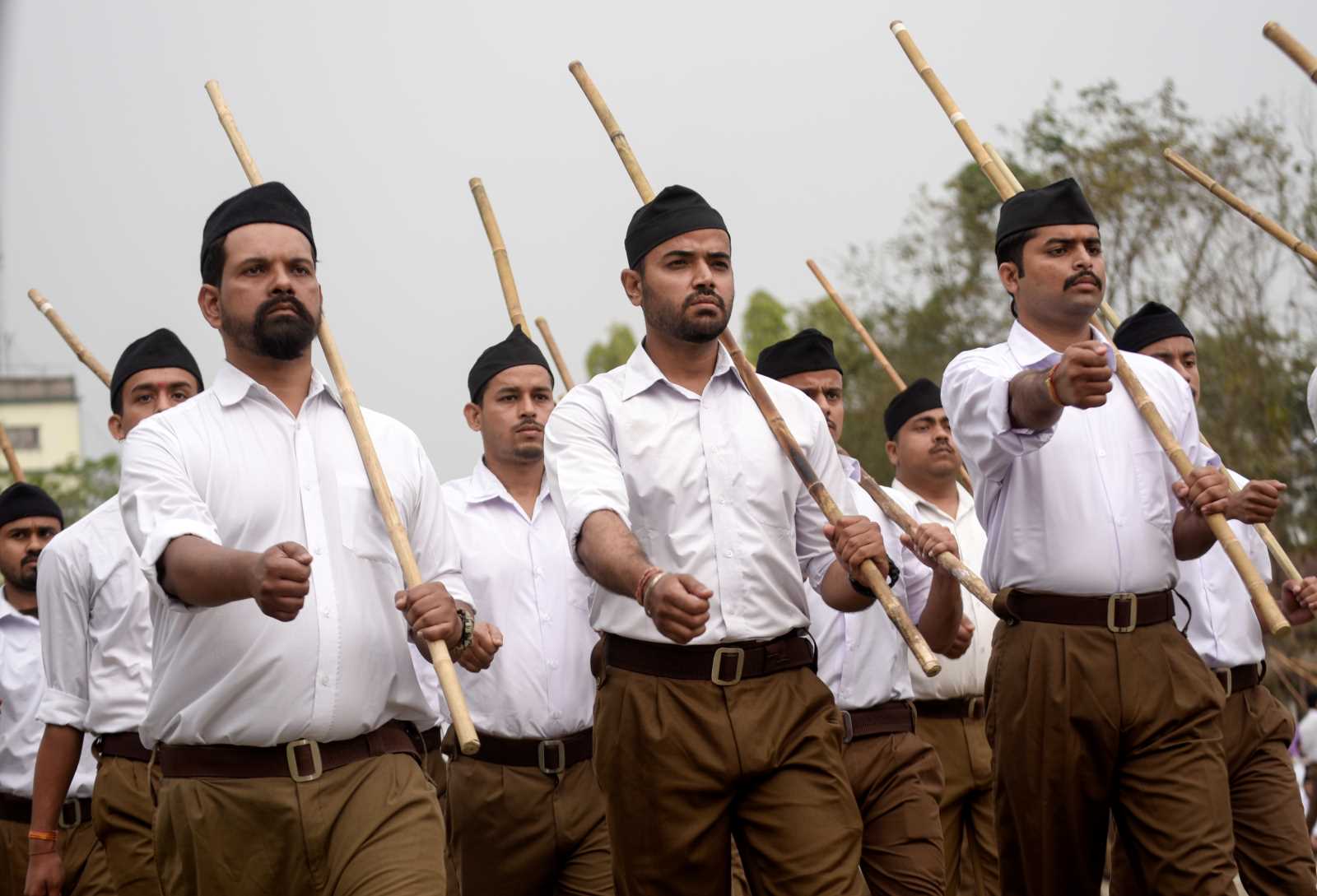Military rule
The monarchy’s bodyguard

Two and a half years ago, the Thai army overthrew the elected government of Prime Minister Yingluck Shinawatra in an unbloody coup (see comment by Katja Dombrowski in D+C/E+Z e-Paper 2015/05, p. 40). Since then, military dictator General Prayut Chan-ocha has been clinging to power. Under his rule, hundreds of civilians have been tried in military courts. The junta has steamrollered any opposition, recently ratified a constitution that creates a majority-appointed senate and is working on a 20-year plan involving permanent military oversight.
Just like the militaries of countries such as Pakistan and Egypt, the Thai army regards itself as the guardian of sovereignty and guide for the implementation of what it calls democracy. The difference, however, is that the Thai military is also the bodyguard of the Thai monarchy. The Royal Thai Army was established in the 1890s under the absolute monarch King Chulalongkorn to protect the throne which, at the time, was synonymous with the state.
In addition, the monarch is by definition Buddhist. He is considered to be a “chakravartin”, a Buddhist world conqueror. This is symbolised by the palanquin of the Emerald Buddha, which resides in the Temple of the Emerald Buddha in the Grand Palace in Bangkok.
The absolute monarch was overthrown in 1932. The same year saw the adoption of Thailand’s first constitution, according to which the military served the state. The sovereign now was a constitutional monarch who symbolised rather than ruled the country. However, the feudal ideology of the military directly serving the monarch re-emerged under Field Marshal Sarit Thanarat (1957-1963), a military dictator. To combat communism, he linked the ideologies of statism and of the sovereign-as-deity. The notions of the nation, the monarchy and religion as interwoven parts of a trinity define contemporary Thailand.
The Thai military academy system emphasises that the King’s Guard and the Queen’s Guard are the elite units from which Thailand’s top commanders are drawn. Members of these units rise to important positions in the country and assume they are exclusively the King’s and Queen’s soldiers. Consequently, they believe that they are not subject to civilian control. Indeed, Lieutenant Colonel Sanyalak Tangsiri, who was involved in the 2006 putsch, later said: “We are ready to do what the King asks. We are soldiers who belong to His Majesty.”
This attitude means that Thai military-civil relations are essentially paternalistic. The military retains the option to overthrow civilian rule for reasons of national security. It sees itself as a political force in its own right, and that view was institutionalised in the 2008 Internal Security Act. The military has oversight over the National Anti-Corruption Commission, the Department of Special Investigation and the Anti-Money Laundering Office (AMLO). General Prayut wrote its “Twelve Core Values of Thai People”, which now pervade the education system. Indeed, soldiers now train primary school children – in military uniforms – with the goal of instilling discipline and obedience.
Ultimately, the Thai military operates as a feudal empire within a quasi-imperial state according to its own ideology. Well-funded and capable of ample patronage, it grants itself a higher budget following every coup, manages its own financial affairs, and even runs businesses, all without civilian oversight. It retains its own television channels and radio stations, serving as propaganda outlets. At present, ultra-nationalists want the military to start its own political party. Thailand’s perpetual military deep state is unlikely to exit the stage any time soon.
Siwach Sripokangkul belongs to the Research Group on Local Affairs Administration at the College of Local Administration, Khon Kaen University, Thailand.
siwach1980@hotmail.com
John Draper is part of the same research group.
johndr@kku.ac.th










